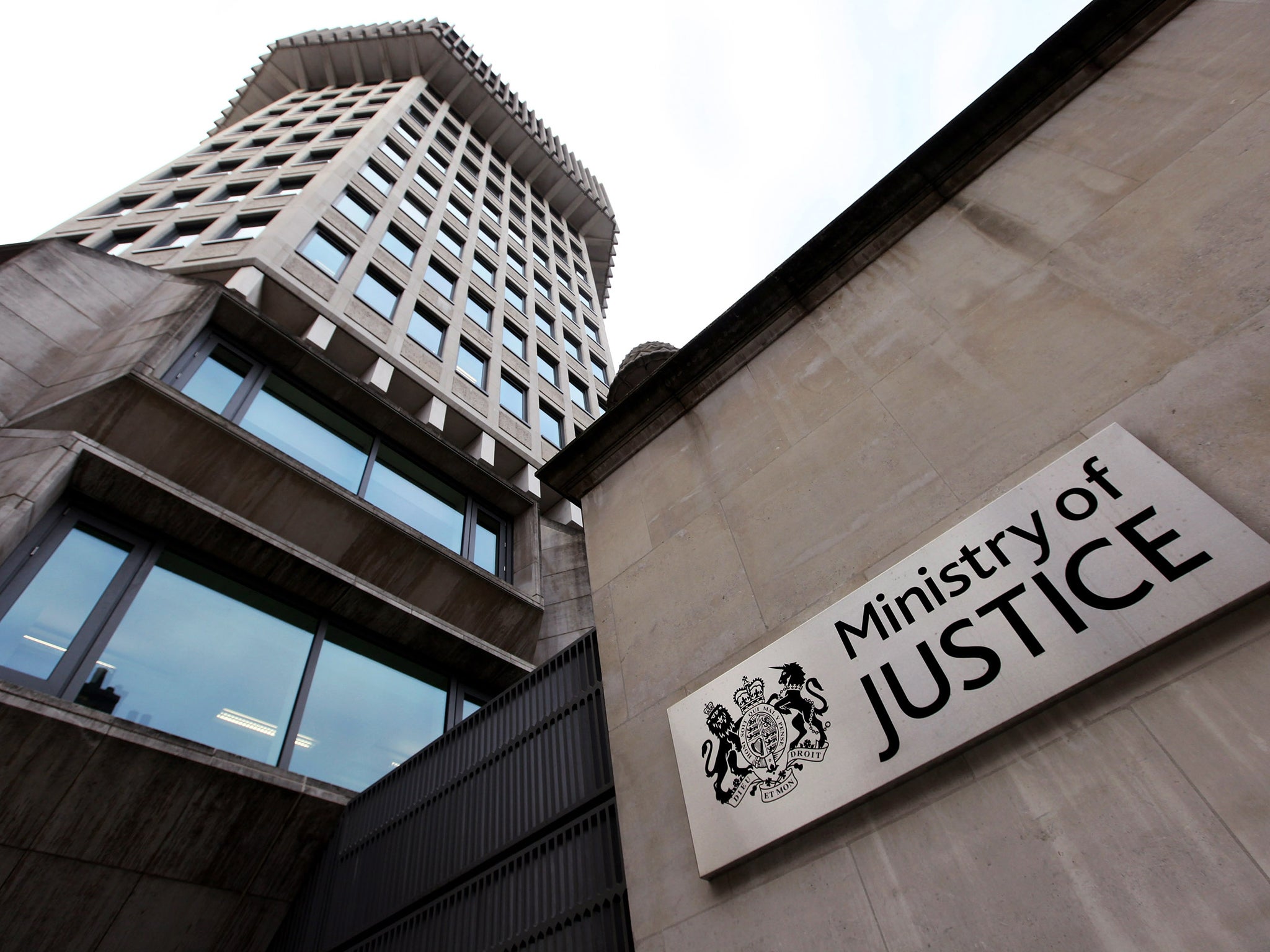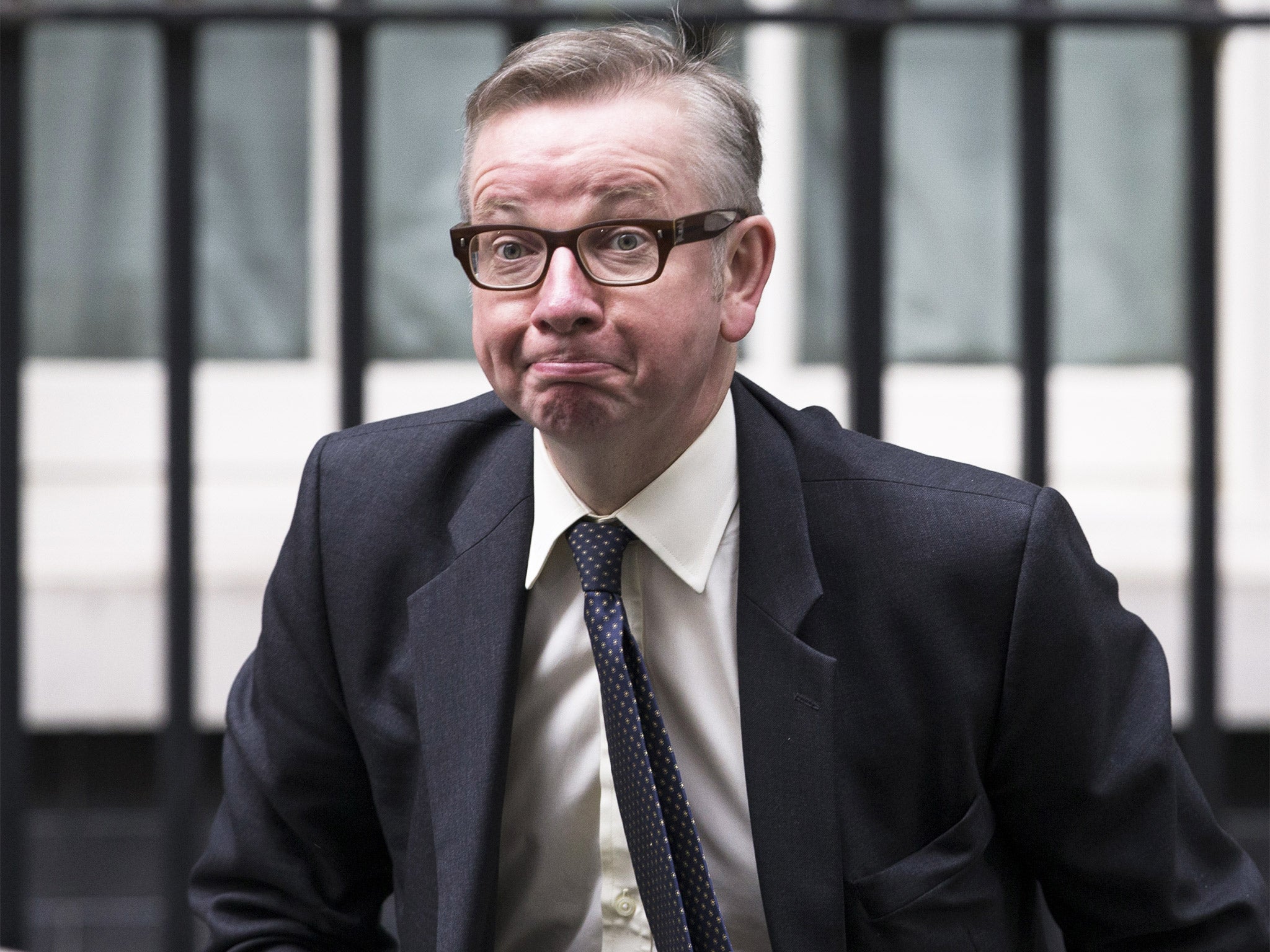Magistrate courts and police stations could face 'absolute chaos' amid boycott of legal aid work
Up to 9,000 solicitors are expected to take part in 'industrial action' likely to see lawyers reject cases affected by the government’s lower legal aid rates

Your support helps us to tell the story
As your White House correspondent, I ask the tough questions and seek the answers that matter.
Your support enables me to be in the room, pressing for transparency and accountability. Without your contributions, we wouldn't have the resources to challenge those in power.
Your donation makes it possible for us to keep doing this important work, keeping you informed every step of the way to the November election

Andrew Feinberg
White House Correspondent
Magistrates courts and police stations across England and Wales could face “absolute chaos” as the effects of a widespread boycott of new legal aid work kicks in.
Up to 9,000 solicitors are expected to take part in “industrial action” likely to see lawyers reject cases affected by the government’s lower legal aid rates. Judges may have to either postpone or dismiss legal proceedings.
In police stations, if an individual’s legal rights cannot be upheld with the appointment of a solicitor, officers face having to bail those charged without questioning, or simply let them go.
Although the Ministry of Justice say that have put in place “contingency measures” to cope with the forecast chaos, leading lawyers believe that the country-wide scale of the action against Michael Gove’s imposition of lower fees, will mean public defenders’ offices unable to offer a stand-in service.

Ballots of area organisations representing lawyers in England and Wales concluded. It is now expected that following almost a unanimous backing for the boycott, courts and police stations will be affected in London, Merseyside, Kent, Devon, Manchester, Leeds, Cardiff, Birmingham, Halifax, Derby, Sunderland, North and South Tyneside, Newcastle, Reading, Huddersfield, Dewsbury, Bradford, Hull and in other locations.
The chair of the Criminal Law Solicitors Association (CLSA) , Bill Waddington, told The Independent that his members had been “driven” into taking action
He accused the Justice Secretary of refusing to listen, saying: “The system is "archaic and broken" according to what Michael Gove said last week . We say that may be correct simply because of the money that has been taken out of the system by Mr Gove’s predecessor, Chris Grayling, and by Mr Gove’s himself extending the Grayling cuts.”
Mr Waddington said falling budgets for England and Wales’ legal system had already affected the probation service, prisons, courts , the Crown Prosecution Service, and defence lawyers.
He added “Despite this Mr Gove is proceeding with further cuts and plans for a two tier structure of legal aid providers which will see two thirds of businesses fail within a very short space of time. The public will then be exposed to factory-style legal processing which has low cost and little quality . If the system is archaic and broken now , imagine where it will be later.”
The CLSA have asked Mr Gove to “press the stop button” and conduct a review taking into account the views of the profession. That request has so far been rejected.
Lower courts may be left with only one contracted duty solicitor to deal with all new cases. That would result in “absolute chaos that will only get worse” said one leading lawyer.
Due to the structure of England’s legal system, it is solicitors who accept the first stage of criminal cases, with barristers or solicitor-advocates then passed defence work in higher courts. The stalling of new legal aid work means the bar, especially young barristers, will also be quickly affected as cases dry or pile up.
Solicitors were subjected to an 8.75 per cent cut in fees last year. A fee cut of another 8.75 per cent applies to new legal aid cases from July 1.
The Criminal Bar Association took action last year in protest against planned cuts in bar fees. Their action resulted in cuts being averted. A post-election survey of barristers resulted in backing for further action by lawyers against Mr Gove’s new austerity regime.
Last week the Big Firms Group, which represents the largest legal firms with over £1.5m annual turnover of legal aid fees, said they would be supporting the planned action. The move was described as critical to the long-term success of the boycott.
Subscribe to Independent Premium to bookmark this article
Want to bookmark your favourite articles and stories to read or reference later? Start your Independent Premium subscription today.